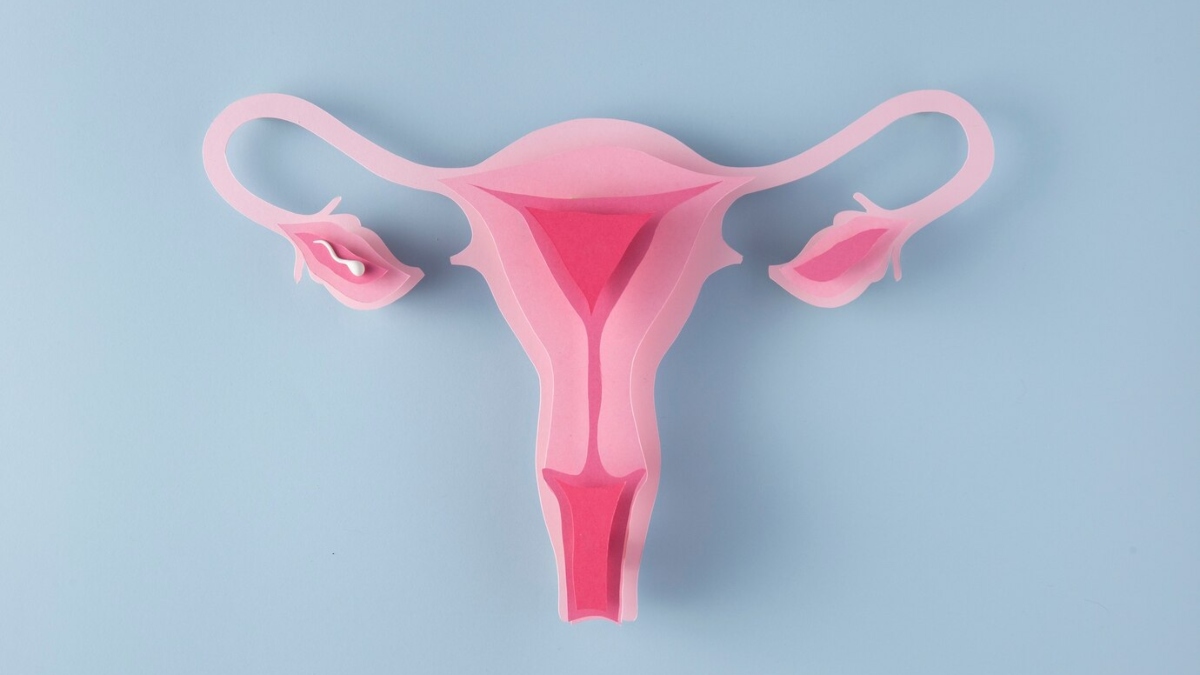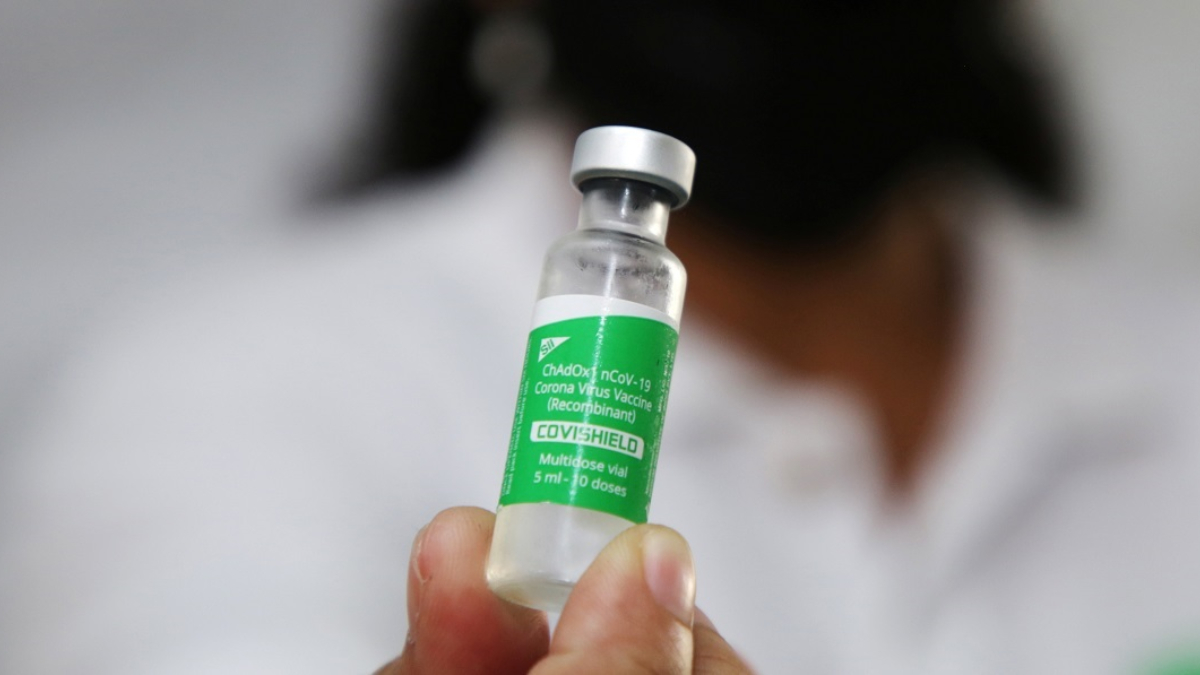Women in their 30s and 40s, tend to experience a plethora of reproductive health problems that were not seen in their younger years. One concerning issue is a decline in fertility, inviting difficulties in conceiving naturally. This can be a taxing and emotional experience for many women and can destroy their peace of mind. Menopause in the late 40s brings a host of symptoms such as hot flashes, mood swings, and changes in libido. These hormonal shifts can impact both physical and emotional well-being, disrupting daily life and taking a toll on relationships. One will struggle with poor self-esteem and issues such as depression. According to Dr Shruti N Mane, Consultant Fertility IVF expert, Motherhood Fertility IVF, Kharghar, Navi Mumbai, women need to seek support and medical advice to navigate these changes effectively and ensure optimal reproductive health post-30s and 40s.
As women turn into 30s and 40s, lifestyle factors play a vital role when it comes to maintaining good reproductive health. A healthy body weight through balanced nutrition and regular exercise can positively impact one's fertility and reproductive function.
ol^By adopting a proactive approach to lifestyle choices, individuals can empower themselves to preserve their reproductive health well into their later years. So, stay vigilant, and report any abnormal symptoms noticed to the expert without any further delay.















